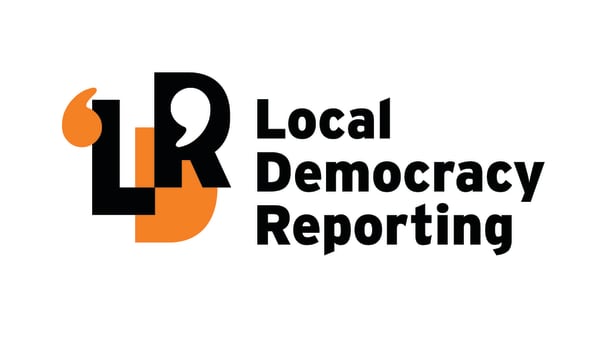Gisborne’s derelict buildings are creating “eyesores” in the city centre, mayor Rehette Stoltz says.

She was on TVNZ’s Breakfast on Wednesday talking about her proposal to the Government to introduce stronger laws for landlords to maintain commercial buildings.
Stoltz addressed this as a “nationwide issue” in a letter to the Government in May, noting councils have no enabling tools to require landlords to upkeep neglected buildings.
The Building Act 2004 only allows a council to step in once a building has become unsanitary or dangerous.
“But by then, it’s way too late. We want to create a vibrant CBD but we have no tools to address that,” she told Breakfast host Melissa Stokes.
“One of those deteriorating buildings is the Masonic Hotel, which hosted the Queen in 1954. It’s not looking too good now.”
Stoltz said the Masonic Hotel and about five other buildings were caught up in a complex legal construct with the police and absent owners.
“We are struggling to even find the person who we can talk to about the building.
“It is not only legislation, there are also other complex issues that need to be addressed before we can move our CBD forward,” she said.
According to Stoltz’s letter, in 2016, Singaporean national Thomas Cheng was arrested in Gisborne for importing methamphetamine, and police subsequently seized six commercial properties as part of a wider investigation into alleged tax evasion by Cheng’s father and stepmother.
Legal proceedings continue to restrain the buildings and the council has found it “impossible to address building issues” with Cheng’s New Zealand representatives.
“Cheng Sr is likely reluctant to undertake works without knowing what percentage of the buildings he will retain.
“The police will not do anything as they are temporary custodians ill-equipped to deal with building remediation and unsure what percentage of the buildings they will retain,” Stoltz said in the letter.
The buildings’ “contested ownership status” halted remediation, even under dangerous building notices, as no party assumed responsibility, she said.
During her Breakfast interview, she said the last time the CBD was revitalised was before the millennium celebrations.
“It’s a huge piece of work, but we cannot do this work without the help of the Government to address these eyesores,” she said.
Councils nationwide have tried to address these issues over the past 15 years; some had tried to create bylaws but it was hugely costly to prosecute, she said.
“We are asking the Government to create easy rules for councils to step in.”
Stoltz mentions in her letter that laws in the UK and Ireland enable local councils to require landlords to maintain their buildings.
She also notes there is an opportunity for the Government to address New Zealand’s housing shortage by incentivising building owners to repurpose buildings into accommodation.
Stoltz mentions Vancouver’s empty homes tax, which charges owners 3% of a property’s value if it is left unoccupied for more than six months.
“Since inception, the number of vacant properties in Vancouver has decreased by 54% and CA$142 million [NZ$172m] has been raised for the city’s housing initiatives,” the letter said.
Stoltz said on Breakfast she was asking the Government to “please help us” and had also submitted a remit to all councils, which she would take to the Local Government NZ conference.
“This has been highly supported,” she said.

Building and Construction Minister Chris Penk said he was grateful for the mayor’s letter and looked forward to discussing the issues with her during a Zoom call on Friday.
He said the issues were not new and the solutions were not straightforward, but he was interested in exploring options.
“One action we are taking to deal with the issue of derelict buildings is bringing forward the review into earthquake-prone buildings to provide councils and building owners with greater certainty sooner.
“The Building Act already provides councils with the powers to restrict access to buildings that are deemed ‘dangerous’ or ‘unsanitary’, as well as powers to require building owners to carry out work on buildings or allowing councils to carry out necessary work (including demolition) and recover the costs from building owners.
“However, as illustrated by the examples included in the mayor’s letter, there are many buildings that don’t meet this threshold but nonetheless are derelict and problematic for towns and cities across the country,” he said.







3 comments
The CBD of Gisborne is the face of Tairāwhiti and standards and covenants need to be imposed on building owners to ensure the buildings are maintained to the acceptable level.
It really should be a win-win situation.
Sure, it costs the building owner to comply. But he will get a rental return that will assist in reimbursing his costs.
At present we have non-compliant, unrentable commercial premises and a very ugly and poor impression of Gisborne and the East Coast.
Good luck Rehette...I am not a voter for you but I think you have hit the nail on the head with this call. You might get my next one. Well done.
Tony Gray
JOIN THE CONVERSATION
Read and post comments with a
Newsroom Pro subscription.
Subscribe now to start a free
28-day trial.